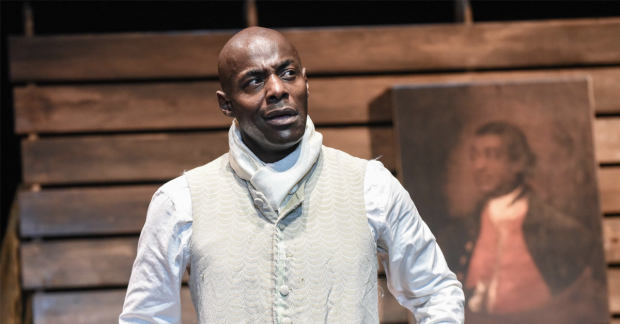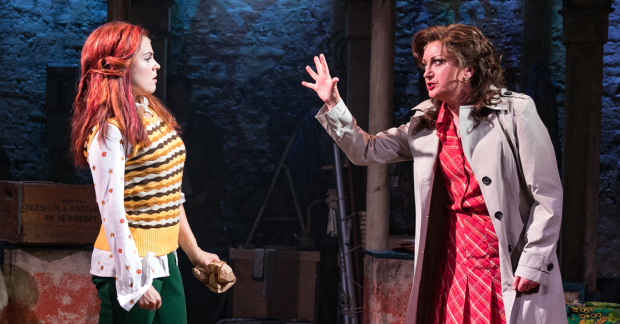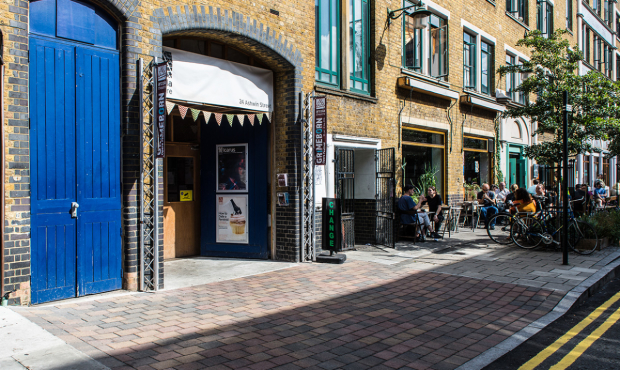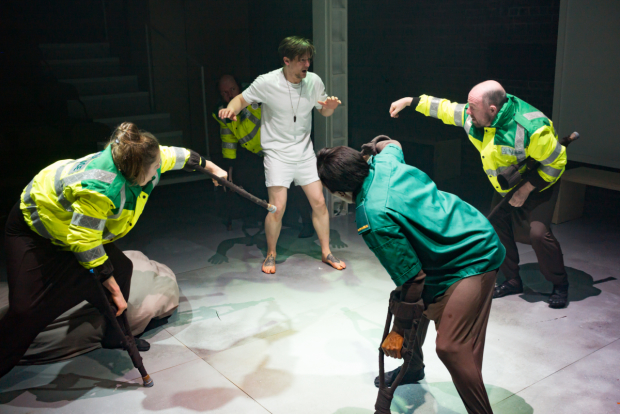Review: The Daughter-In-Law (Arcola Theatre)
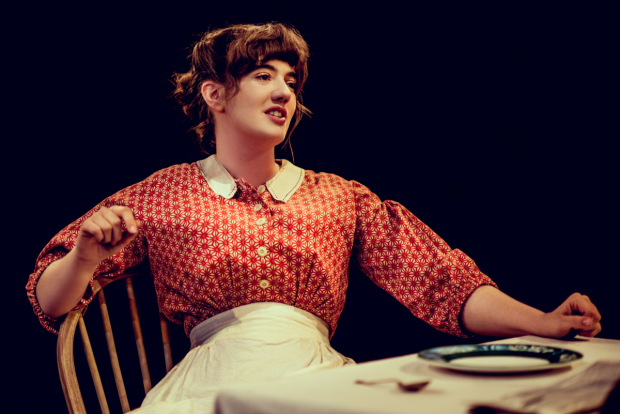
© Idil Sukan
Although written in 1913, DH Lawrence's unsentimental, quietly compelling drama wasn't produced on stage until the Royal Court presented it in 1967. For a play set in a Nottinghamshire mining community, it feels appropriate that Jack Gamble's starkly evocative, in-the-round production should be staged in the Arcola's underground studio.
In its depiction of a modern, sensitive young woman dramatically at odds with her surroundings and battling against constant disapproval from a domineering mother-in-law, the piece is thematically reminiscent of the same author's Sons and Lovers. The scabrous, unsparing portrayal of an unhappy marriage resembles at times an English working class answer to Strindberg at his most dysfunctional, while the tough-but-tender treatment meted out to Ellie Nunn's relatable Minnie almost suggests The Taming Of The Shrew rewritten in mining soot and candlelight.
Lawrence himself describes the play as "neither a tragedy nor a comedy, it's just ordinary", and it is a relentlessly downbeat evening, one that takes a while to get going, partly because of the writing itself – an opening scene where the eponymous title character is discussed at length by her mother-in-law and an equally dismissive friend feels punishingly long – and also because, to unaccustomed Southern ears, the accents take some getting used to. Dialect coach Penny Dyer has done a fine job at getting the company to sound authentic but it may take a few minutes to fully tune in.
Nunn displays an effortlessly impressive emotional range and an airy sensuality in the title role. If she at times seems to be in a different play from the rest of the cast that is surely part of the point, but she announces herself as a leading actress of formidable presence and technique. Veronica Roberts gives a detailed, uncompromisingly dour account of her fearsome mother-in-law, convincingly suggesting a personality hardened and soured by a life lacking in joy but abundant in privation. Matthew Biddulph and Harry Hepple both do fine, accurate work as the two examples of bruised, toxic masculinity that are her damaged children.
Geoff Hense's lighting contributes valuably to Gamble's atmospheric staging, which vividly evokes time and place with a minimum of stage dressings, but sometimes struggles to make sense of the play's occasionally clumsy gear changes. As a whole, the piece isn't fully satisfying as drama, but is an undeniably interesting tranche of literary and social history.



